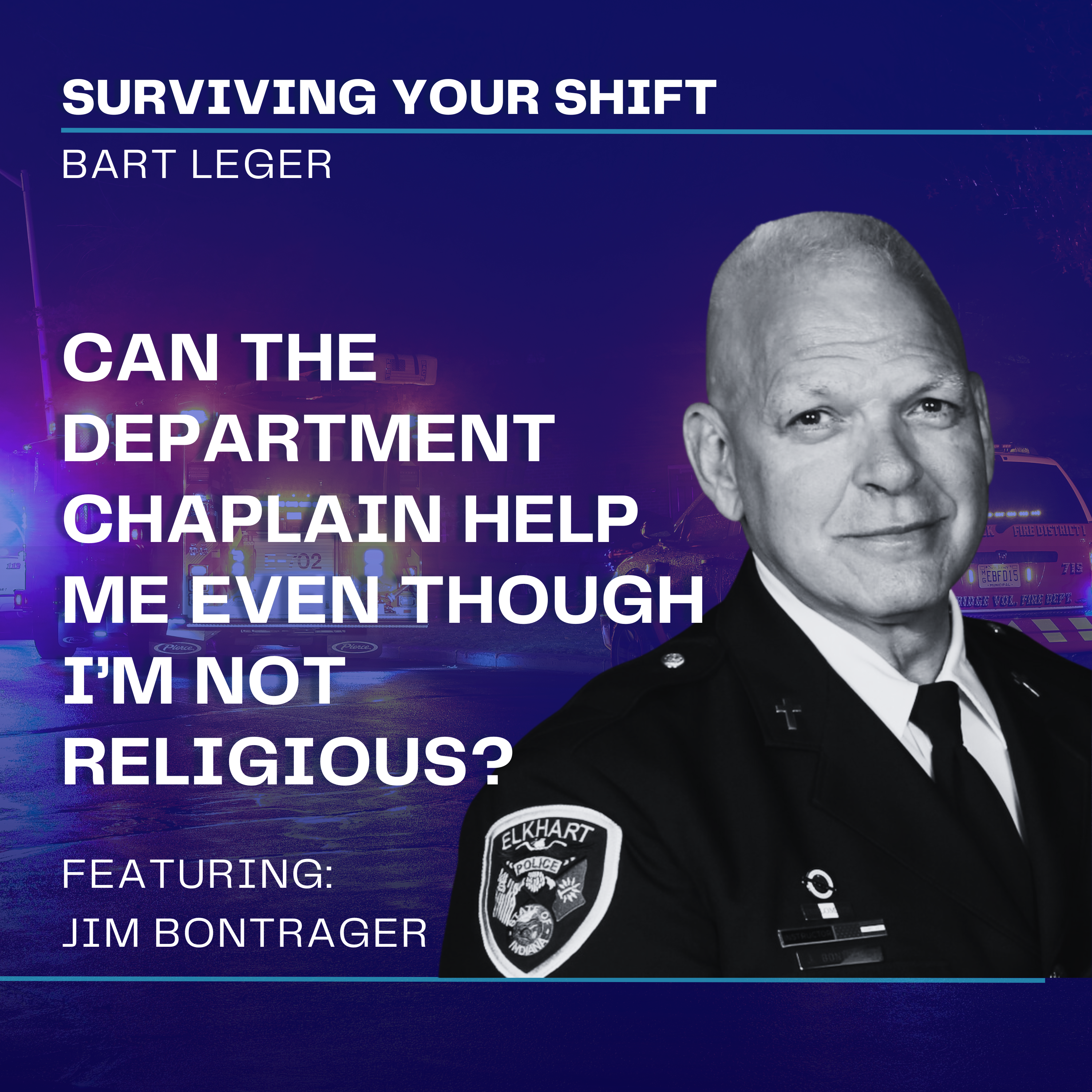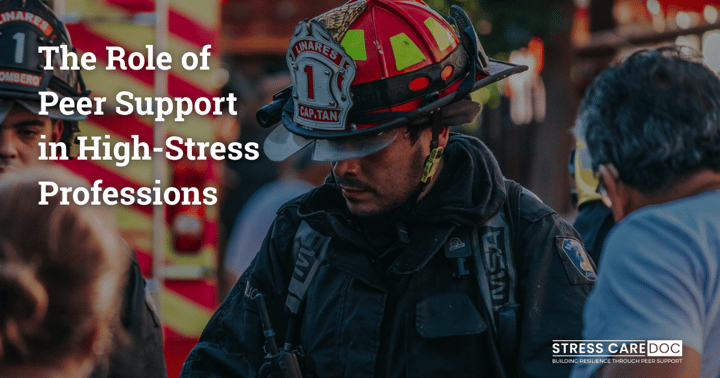Transforming Challenges into Strength: The Journey of Jim Bontrager

Life often presents us with a series of challenges that can either break us or forge us into better versions of ourselves. For Jim Bontrager, these challenges not only shaped his character but also his career, leading him to become the president of the International Conference of Police Chaplains. His story is a testament to the power of transformation and the role of support and structure in overcoming life's obstacles.
Jim’s journey began far from promising. He dropped out of high school, making what he describes as "a big mess" of his early life. His adventures took him hitchhiking across the country, working with migrant workers, and even living on a riverboat on the Mississippi River. In an unexpected twist, Jim joined the United States Marine Corps on a $20 bet—a decision that would introduce him to a much-needed structure and a sense of discipline that had been absent in his life.
This structure taught Jim valuable lessons in self-control and responsibility, qualities that would later underpin his professional endeavors and personal growth. After his time in the Marines, Jim returned home to Indiana. His life took another significant turn when a blizzard trapped him in Buffalo, New York, where he met his future wife, Suzy. Settling down back in Indiana, Jim worked in construction for 17 years, a period during which he lamented his earlier educational failures. However, not one to be held back by regret, Jim embraced self-study, spending years reading, learning, and ultimately growing.
Jim’s pursuit of knowledge and personal development led him to an opportunity that changed the course of his professional life: running a nonprofit organization focused on helping inner-city kids. This role honed his executive skills and opened the door to his involvement in national and international organizations where he could influence more broadly, especially within the realm of chaplaincy for police officers.
The heart of Jim’s story lies in his role as a chaplain, where he dedicates himself to being present in people’s darkest hours, offering growth, encouragement, and strength. His personal tragedies, including the deaths of his brother and one of his children, have deeply influenced his compassionate approach. These experiences, while profoundly painful, have taught him about suffering and the power of turning grief into empathy for others.
Jim’s professional journey didn’t stop with personal growth; it also involved significant service to others, particularly through his leadership roles in organizations that support police officers. His work with the Fellowship of Christian Peace Officers, and his presidency at the International Conference of Police Chaplains have allowed him to impact many lives.
Balancing such demanding work with personal life is no small feat. Jim admits that much of his ability to manage comes from the seasonal nature of his work and the shifting priorities over the years. As his children grew older, he found more time to invest deeply in his professional passions. Yet, Jim finds joy and satisfaction in encouraging others, which he considers his spiritual gift. In his spare time, he enjoys adventures with his grandkids and other family activities that provide balance and joy amidst his responsibilities.
One of the most compelling aspects of Jim’s work is his approach to the chaplaincy. He emphasizes that a chaplain’s role is not just about providing religious support; it’s about being a radical lover of humanity. His efforts go beyond simple counsel, extending into practical support during critical incidents and comprehensive community involvement.
Chaplains, Jim believes, are crucial in creating a bridge between the community and law enforcement. They serve not only as a spiritual support but also as educators, advocates, and confidants who help law enforcement officers deal with the emotional and psychological impact of their jobs. This role is especially important given the high-stress nature of law enforcement work, which can lead to severe emotional and mental health challenges.
Jim’s advice to chaplains and those they serve is grounded in the principle of relational trust. The effectiveness of a chaplaincy program, according to him, hinges on the ability of chaplains to build strong, authentic relationships. Whether it’s through ride-alongs, station visits, or just being present in times of need, these efforts at relationship-building are crucial for fostering trust and providing meaningful support.
Jim Bontrager’s journey is more than just a series of life events; it’s a compelling narrative of redemption, service, and the profound impact one individual can have on their community. His story highlights the importance of structure, the transformative power of self-discipline, and the profound impact of compassionate service. It’s a reminder to all of us that no matter our beginnings, the possibilities for growth and contribution are boundless.
Listen to his interview here.





